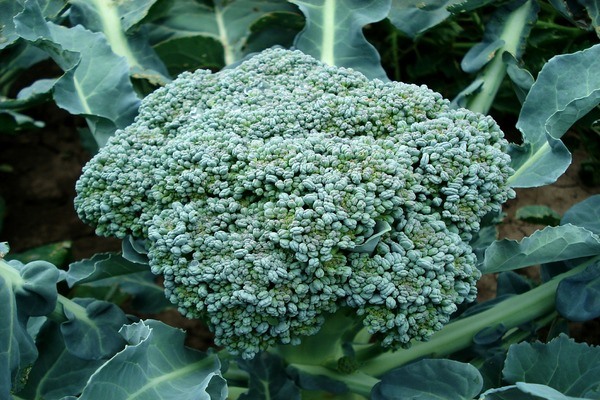Blueberries

Blueberries are always excellent food, in this case, they are even more useful because their antioxidants help neutralize free radicals in the brain and body. This can slow down the aging process of the brain and help keep the brain flexible so that it can acquire and maintain information in memory. Antioxidants also have anti-inflammatory effects and can contribute to the aging of the brain and degenerative nerve diseases. Eating blueberries regularly not only improves memory but also slows down the loss of short-term memory.
Walnuts, Avocado and Salmon

According to the University of Maryland Medical Center, any food rich in omega-3 fatty acids is excellent for memory, concentration, and overall brain function. The human body cannot produce omega-3 fatty acids on its own, so it must come from our diet. Consuming foods such as nuts, fish, or avocado in the days before an exam can greatly enhance brain development in focus and memorization.
Kale

Kale is a leafy green vegetable that contains powerful antioxidants. But that’s not all. It is also rich in vitamin K, a fat-soluble vitamin necessary for the formation of sphingolipids, an important type of fat found in brain cells. In addition, kale contains some anti-inflammatory compounds that help fight inflammation and protect against brain degeneration. You don’t need to eat too much to get the benefits – just one serving provides over 100% of the daily vitamin K requirement.
Dark Chocolate

There are many benefits to dark chocolate. First, it is packed with brain-boosting compounds, including flavonoids, caffeine, and antioxidants. Flavonoids tend to concentrate in areas of the brain associated with learning and memory, enhancing your recall and helping slow down age-related decline. And for reasons not completely understood, but possibly related to the delicious taste of chocolate, simply eating a few pieces tends to make people feel happy.
Caffeine

Caffeine is a widely consumed stimulant that many adults consume daily. Having a cup of caffeine can organize your focus, enhance alertness, and increase overall productivity. If you get your caffeine in the form of coffee, you’ll also receive a fair amount of caffeine as well as essential nutrients like riboflavin (Vitamin B2), pantothenic acid (Vitamin B5), manganese, potassium, magnesium, and niacin (B3). On the other hand, caffeine contains more antioxidants and theanine, which is known to reduce mental stress.





































